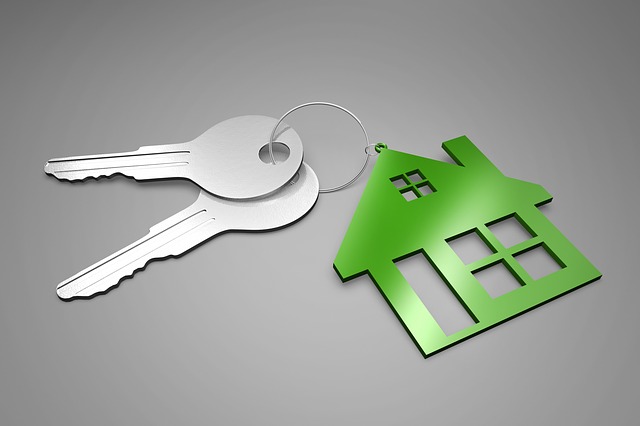
Real estate companies embrace blockchain for more efficient property management
Real estate companies are increasingly turning to blockchain technology to streamline their property management processes. Blockchain technology provides a secure and transparent platform for managing property transactions, from rental agreements to maintenance and repairs. This has led to increased efficiency, reduced costs, and improved customer service for both tenants and landlords.
Benefits of Blockchain Technology for Property Management:
One of the main benefits of blockchain technology for property management is increased efficiency. Blockchain-based platforms can automate many of the tasks involved in property management, such as rental agreements, lease renewals, and maintenance requests. This can significantly reduce the time and cost involved in managing properties and provide a faster and more streamlined experience for tenants and landlords.
Another benefit of blockchain technology for property management is increased transparency. Blockchain-based platforms provide a secure and transparent platform for recording and verifying property ownership and transactions. This can help to reduce disputes and fraud in the property management process and provide greater confidence for tenants and landlords.
Blockchain-based platforms can also provide increased security for property management. With blockchain technology, data is stored across a decentralized network of computers, making it difficult for hackers to access or manipulate the data. This can help to reduce the risk of data breaches and protect sensitive information, such as tenant details and financial transactions.
Examples of Real Estate Companies Using Blockchain Technology:
Several real estate companies have already embraced blockchain technology for property management. For example, the real estate company, Fifth Wall, has launched a blockchain-based platform called Harbor, which allows investors to buy and sell shares in real estate assets. Harbor uses smart contracts to automate the investment process and provide increased security and transparency for investors.
Another example is the real estate company, Proptech, which has developed a blockchain-based platform called Tenta. Tenta provides a secure and transparent platform for managing rental agreements and maintenance requests, with features such as digital signatures and automated payments. This can help to reduce the time and cost involved in managing rental properties and provide a faster and more streamlined experience for tenants and landlords.
Challenges and Risks:
Despite the potential benefits of blockchain technology for property management, there are also several challenges and risks that need to be addressed. One of the main challenges is the lack of standardization and regulation in the blockchain industry. This can make it difficult for real estate companies to trust blockchain-based platforms and can lead to legal challenges.
Another challenge is the need for real estate companies to adapt to new technologies and processes. This can require significant investment in training and infrastructure and can be a challenge for companies with legacy systems and processes.
Finally, there is the risk of hacking and cyber attacks. While blockchain technology is inherently secure, there have been several high-profile incidents of hacking and cyber attacks on blockchain-based platforms. This can lead to loss of funds and damage to the reputation of blockchain technology.
Conclusion:
Real estate companies are increasingly turning to blockchain technology to streamline their property management processes. The potential benefits of blockchain technology for property management are significant, including increased efficiency, transparency, and security. Several real estate companies have already embraced blockchain technology, with platforms such as Harbor and Tenta providing secure and transparent platforms for managing real estate transactions. However, there are also several challenges and risks that need to be addressed, including the lack of standardization and regulation in the blockchain industry and the risk of hacking and cyber attacks. Overall, the potential benefits of blockchain technology for property management are significant and are likely to drive increased adoption and innovation in the industry in the coming years.

